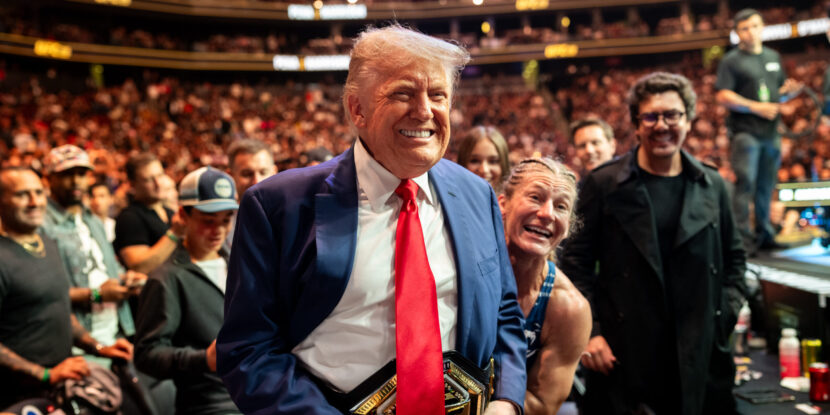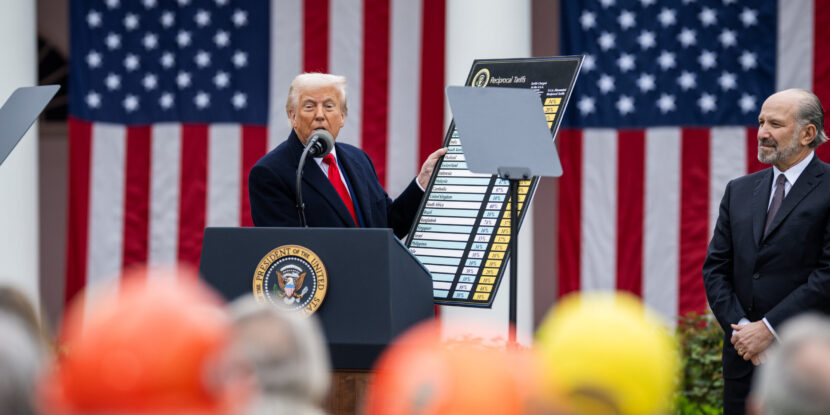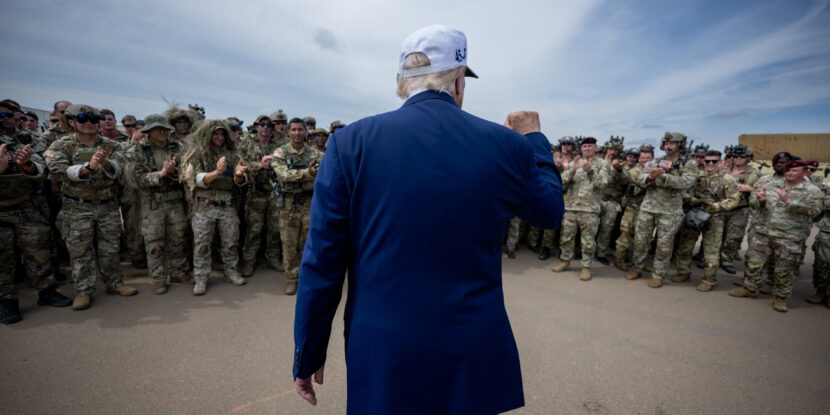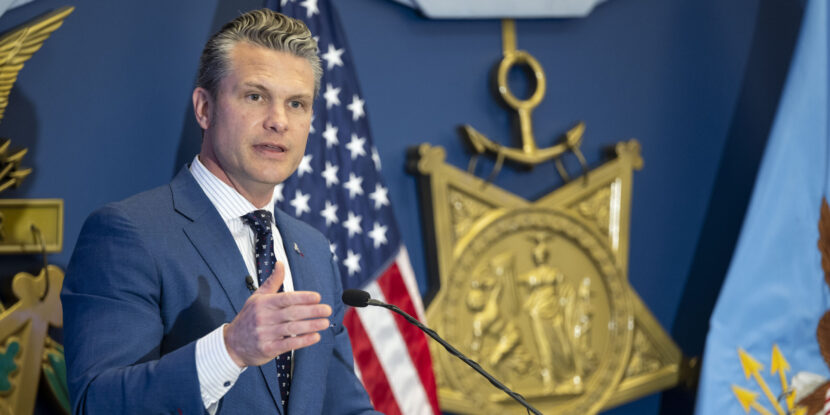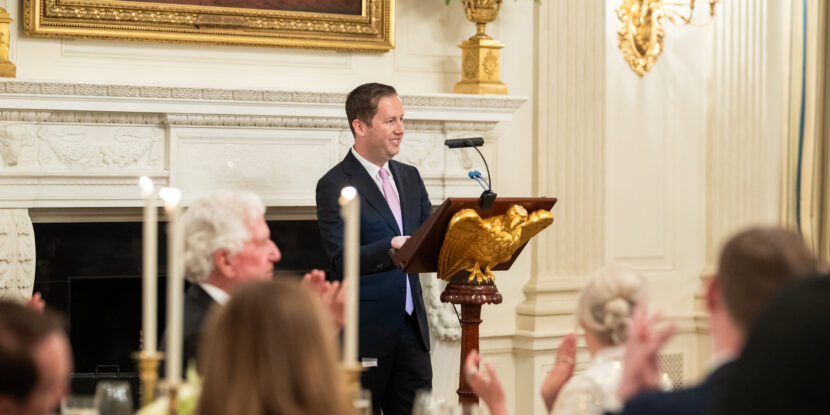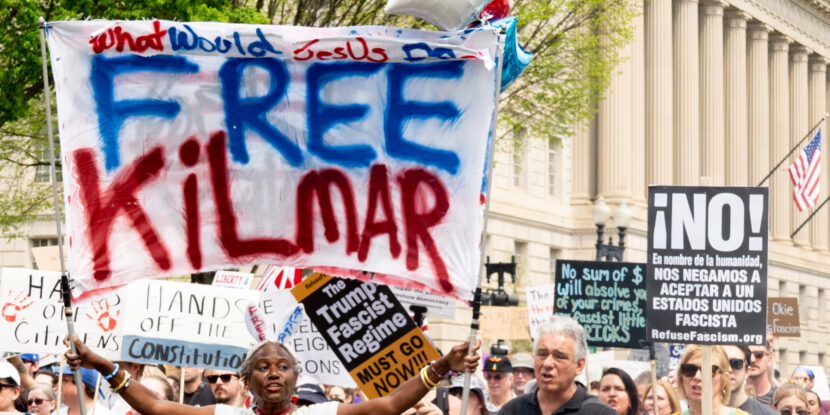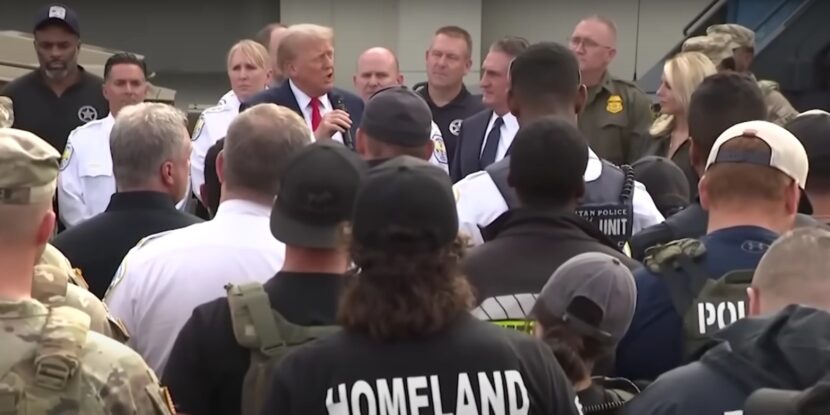PULSE POINTS:
❓What Happened: General Motors (GM) plans to invest $4 billion in U.S. plants over the next two years, while also shifting production of two vehicle lines away from Mexico in response to President Donald J. Trump’s tariff policies.
👥 Who’s Involved: GM and its U.S.-based manufacturing plants, GM Chairwoman and CEO Mary Barra, GM President Mark Reuss, U.S. President Donald J. Trump, and Mexico.
📍 Where & When: GM announced the investment and production shift on Tuesday, June 10, 2025.
💬 Key Quote: “We believe the future of transportation will be driven by American innovation and manufacturing expertise,” GM CEO and Chairwoman Mary Barra said in a statement.
⚠️ Impact: Increased U.S. vehicle production, thousands of new jobs, and a shift of manufacturing from Mexico to the U.S.
IN FULL:
General Motors (GM) has announced a $4 billion investment plan to expand its U.S. manufacturing operations over the next two years. The move comes in response to President Donald J. Trump’s tariff policies, including a 25 percent Section 232 tariff on autos.
“We believe the future of transportation will be driven by American innovation and manufacturing expertise,” GM CEO and Chairwoman Mary Barra said in a statement. Meanwhile, the company’s president, Mark Reuss, added: “Today’s news goes well beyond the investment numbers—this is about hardworking Americans making vehicles they are proud to build and that customers are proud to own.”
The investment is expected to increase GM’s annual vehicle production capacity to over two million units and create between 3,000 and 4,000 jobs. Notably, as part of the U.S. production plan, GM will shift its production of the gas-powered Chevy Blazer and Chevy Equinox to new U.S. facilities. Additionally, some full-size SUVs and light-duty pickups, such as the Silverado, will be moved to pre-existing Michigan-based plants. All of these vehicles are currently manufactured in Mexico.
While GM has framed this as a long-term strategy, it clarified that this investment is separate from its immediate efforts to mitigate the estimated $4 to $5 billion in tariff costs expected this year.
